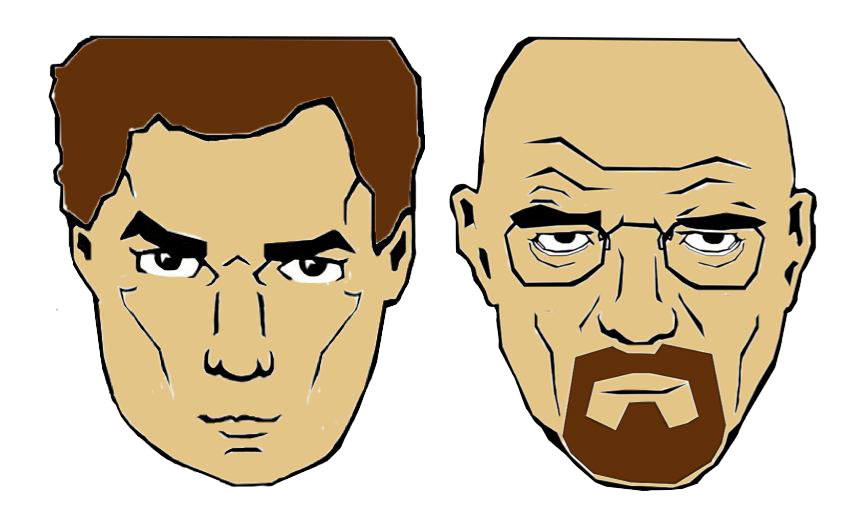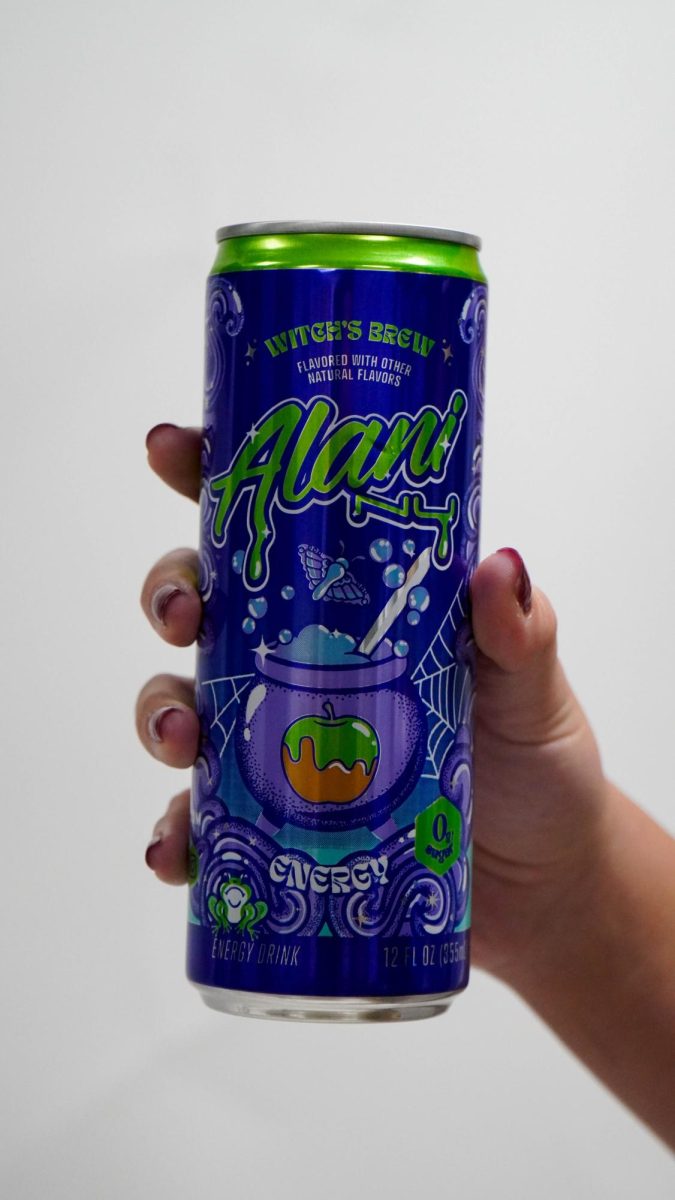And the Emmy Award for Outstanding Lead Actor in a Drama Series goes to… Bryan Cranston of Breaking Bad – 2008, 2009, 2010. Also nominated for the same award those three years was Michael C. Hall of Dexter.
This isn’t to say Hall isn’t special, rather Bryan Cranston is just a force of nature.
Both Dexter and Breaking Bad have captivated audiences for more than five years.
The two shows, different in their innumerable ways, are actually quite similar. They both have you rooting for an immoral person – the “anti-hero.”
Dexter is about a serial killer, Dexter Morgan, who hunts down criminals who have slipped through the cracks of justice.
Breaking Bad follows the story of Walter White, a former chemistry teacher who is dying of lung cancer. He turns to a life of crime, producing and selling illegal substances, in order to provide and secure his family’s financial future before he dies.
Television aficionados have been crazing over what is the “anti-hero” a lot in the past decade. Dexter and Breaking Bad are perfect examples of shows that feature the joys and triumphs of “anti-heroes.”
The standard dictionary definition of “anti-hero” is someone who lacks heroic virtues, such as being morally good, courageous, or noble.
Differing from classic heroes, those who are noble, moral, and who try to behave in an exemplary fashion, anti-heroes like Dexter Morgan and Walter White are unquestionably more exciting to watch.
“I think [anti-heroes] are more interesting to watch because their characters are a lot deeper,” senior Simi Singh said. “They usually act with much more finesse and have depth that real people can relate to.”
Villains on the other hand are crueler; they have evil in their hearts and behave immorally.
So the more accurate definition of an “anti-hero” would suggest a blurred line between a hero and a villain, not quite a hero and not quite a villain.
The “anti-hero” will do bad things with the intent of doing good things in his heart, or will seek to redeem himself for his bad behavior such as in the case with Dexter Morgan and Walter White.
Dexter started in 2006 and aired for eight seasons; Breaking Bad started in 2008 and aired for five seasons.
Dexter, lasting three seasons more than Breaking Bad, was already a show that had accumulated a massive fan base by the time Breaking Bad had even started. During its premiere season, Breaking Bad had already accumulated a fan base larger than that of Dexter.
“Dexter was so engaging after its first two seasons, but by the third season it was getting really repetitive, and there was a lull in the excitement,” Singh said. “But it was all worth keeping up with it because season four was when the drama really picked up and the killing got even more psychotic, which makes the already psychotic show more interesting.”
Season four made the show its most money and was what got people who weren’t already fans interested in watching the show.
After season four of Dexter the show only got worse and less attention. There are only so many different storylines a show about a criminal serial killer can take.
“It seemed like Dexter went on for too many seasons, and after a while I started to feel like I was watching the same thing,” Senior Peter Vandendriessche said. “Don’t get me wrong, Dexter was a strong show with some incredible twists, but it came to a point where I was going to have to leave it for a while if I was ever going to regain interest in it.”
The sudden lack-of-interest in Dexter was perfect timing for Breaking Bad producers, who were doing whatever it takes to get the show noticed.
Either way, Bryan Cranston’s compelling performance would have gotten the show just as much attention.
“Breaking Bad definitely won me over. Where Dexter lacked in its main character development, Breaking Bad was able to make up,” Vandendriessche said. “Being able to watch the process of Walter White go from family man/chemistry teacher to drug lord/murderer was every bit scary as it was real.”
Vince Gilligan, the creator of Breaking Bad, not only evoked such a realistic character in Walter White, but with the whole cast. Beyond Cranstson’s three Emmy wins, the show also received three awards for the different characters nominated in the supporting role categories. Not to mention, it won the Best Drama Series for 2013.
While both shows focused on very similar “anti-heroes,” they definitely had different fan bases, with a few “inbetweeners.”
As for the ending of each show, both took their own approach. A lot of people thought the shows would end the same way, but thankfully they did not.
“Walter and Dexter were both in the same boat, and their dangerous lives caught up to them,” Singh said.
While Breaking Bad certainly had more viewers, Dexter was still able to conclude with a great amount of attention.
Breaking Bad is heavily grounded in the grit of reality, whereas Dexter began to slip into CSI: Miami syndrome as the seasons began to accumulate, which is why Dexter fell into the Breaking Bad shadows.
Walter White and Dexter Morgan, the two most obvious anti-heroes of the 21st century, certainly had TV enthusiasts at the edge of their seats.
The two shows set such high standards for writers who plan to take on the abominable, yet lovable “anti-hero.”















